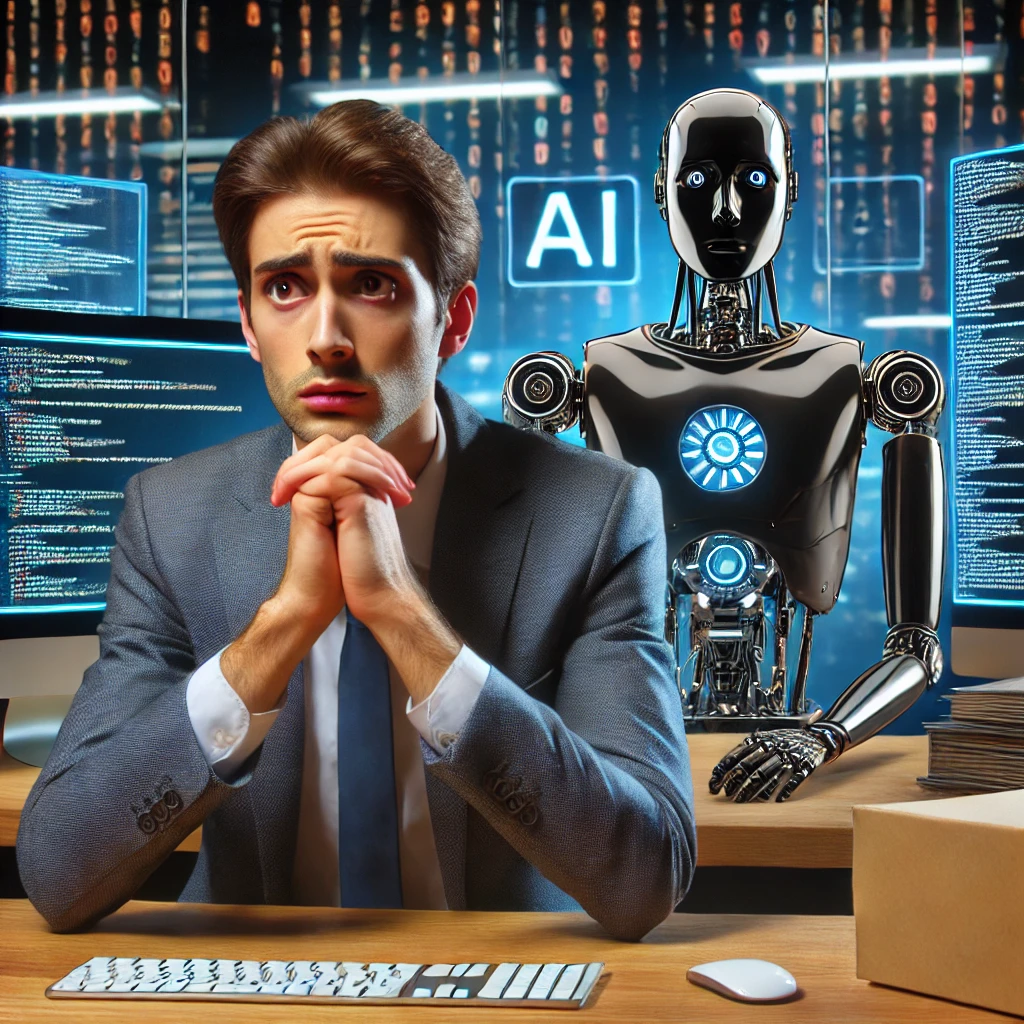AI and Automation: Are IT Professionals Facing Obsolescence?
As artificial intelligence (AI) and automation technologies continue to evolve, the once indispensable skills of IT professionals are increasingly being called into question. Tasks that once required manual coding, network management, and system maintenance are now being handled more efficiently by AI-driven solutions. With powerful AI systems capable of troubleshooting, optimizing, and even building their own infrastructures, the IT landscape is rapidly changing.
The Shift to Automation
AI-based systems are now automating a wide range of tasks traditionally performed by IT experts. Automation tools can manage server workloads, deploy applications, and even monitor cybersecurity threats. These advancements are reducing the demand for human intervention in routine operations, leaving IT professionals concerned about the longevity of their roles.
According to recent studies, companies are investing heavily in AI to streamline their IT departments, leading to significant cost savings. For instance, AI-driven platforms can automatically detect and resolve network issues, perform regular updates, and maintain cloud infrastructure without the need for constant human oversight.
Skill Sets at Risk
Programming, system administration, and network engineering—core competencies of IT professionals—are among the most vulnerable to AI automation. AI-driven development tools can generate code with minimal input from developers, while AI-based network management systems can dynamically adjust to optimize performance without human intervention.
Moreover, cybersecurity, a field long thought to be secure from automation, is also feeling the effects of AI. Sophisticated AI systems are capable of identifying and responding to threats faster and more accurately than human analysts, further displacing the need for traditional IT roles.
A New Era of IT
However, it is not all doom and gloom. While many traditional IT roles may be diminishing, new opportunities are emerging in areas such as AI oversight, ethical AI design, and advanced systems architecture. IT professionals may need to pivot their skill sets to focus on managing, improving, and auditing AI systems rather than building and maintaining traditional infrastructures.
In this fast-evolving landscape, adaptability and continuous learning will be crucial for IT professionals to remain relevant. The rise of AI might not make IT jobs entirely obsolete, but it will certainly reshape the industry and the skill sets required to thrive within it.
The Future of IT Jobs
As AI systems become more sophisticated, the roles within IT will shift from hands-on technical tasks to more strategic and creative problem-solving roles. IT professionals who can adapt to these changes, focusing on the ethical and strategic deployment of AI systems, will likely find themselves at the forefront of this new technological era.
However, for those unable or unwilling to evolve, the future may seem bleak. With AI automating more complex tasks every day, the pressure is on for IT professionals to rethink their value in an AI-driven world.


